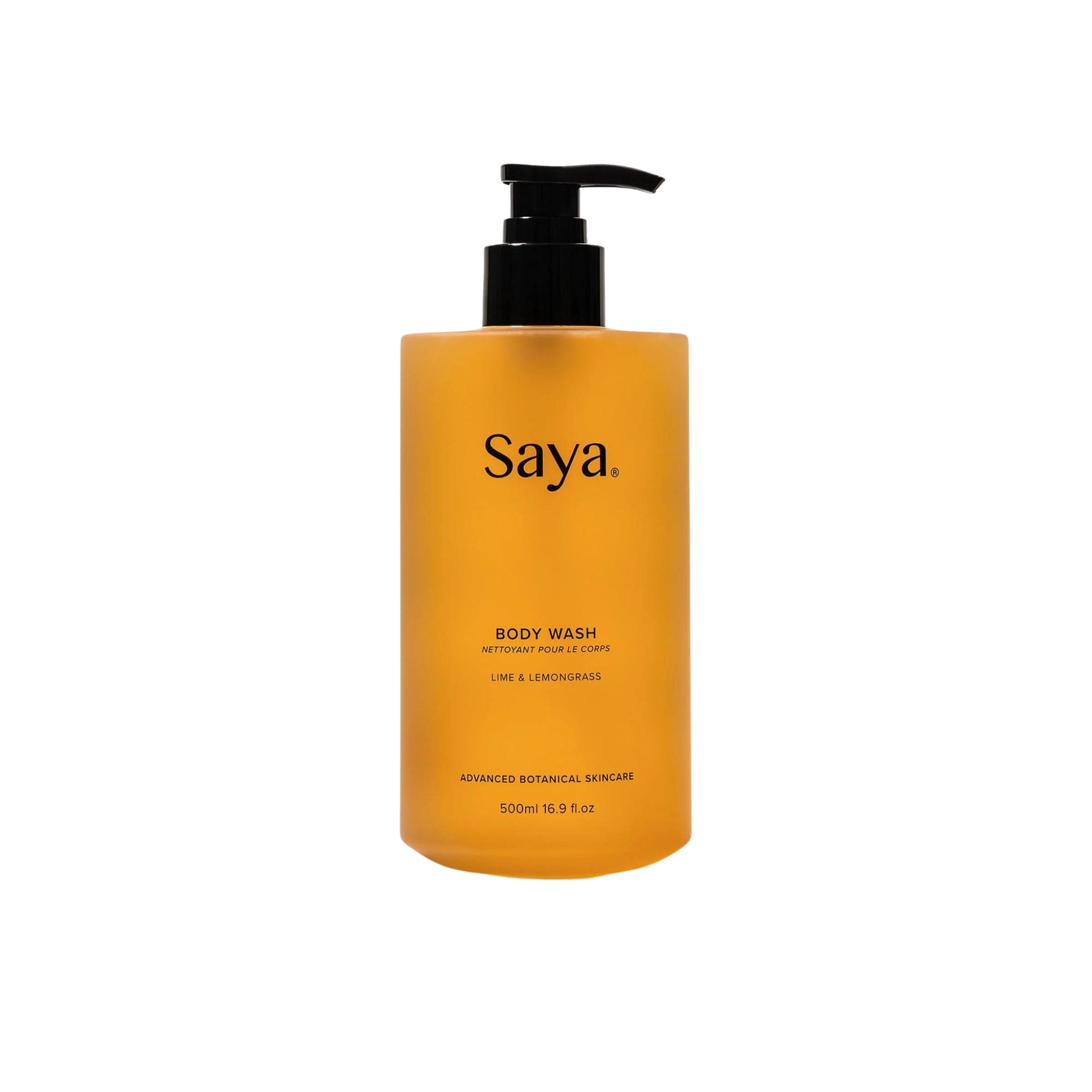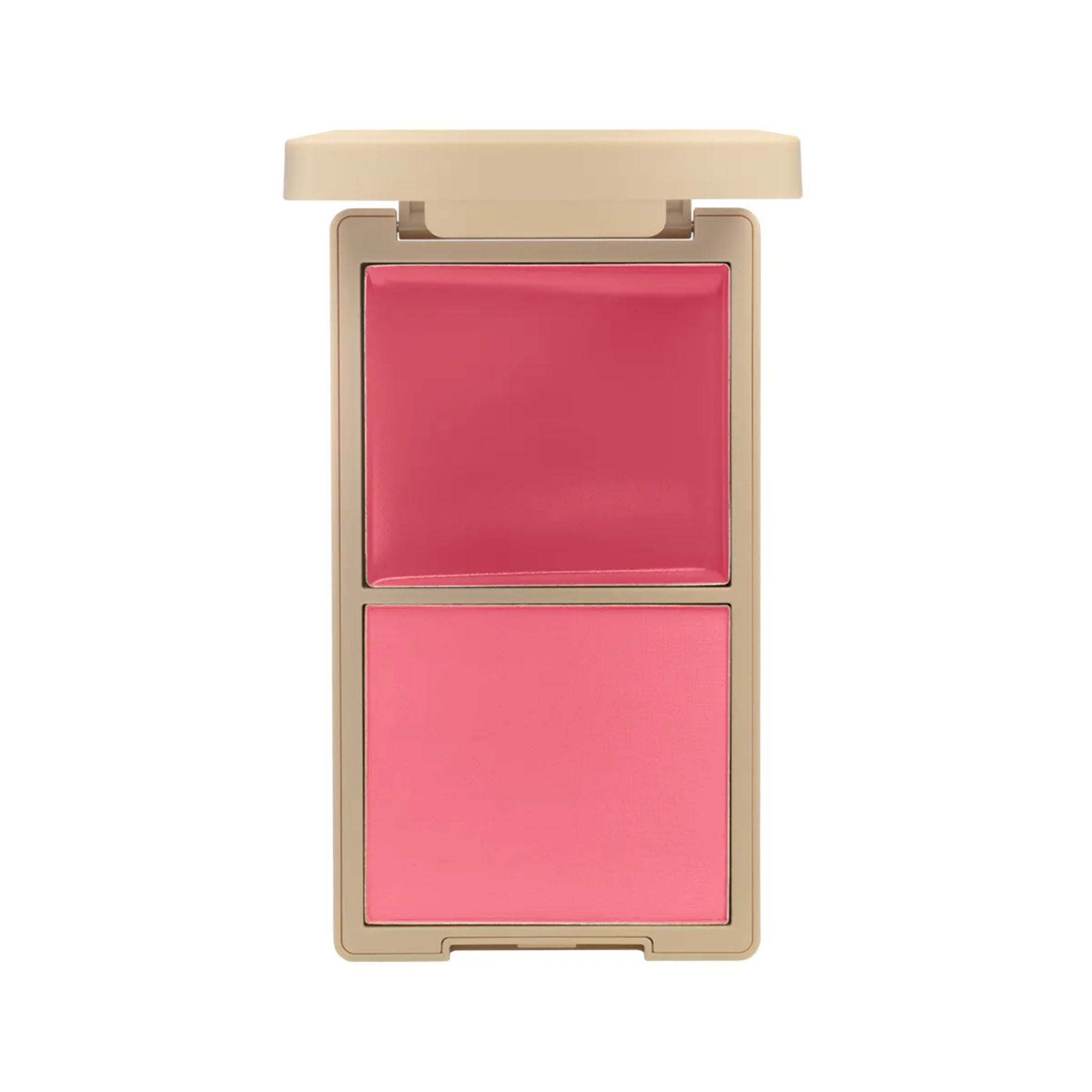Are Organic Skincare Products Better for You?

In a world where wellness trends and beauty standards are ever-evolving, the choice between organic and non-organic skincare can feel overwhelming. Organic skincare products have gained massive popularity, but are they truly better for your skin? With so many terms like “organic,” “natural,” and “medical grade” being thrown around, it’s time to dive deep into the facts to help you make an informed decision. This blog will cover everything you need to know about organic skincare, its advantages, and whether it’s truly superior to its chemical counterparts.
Is it Better to Use Organic Skincare Products?
To answer this question, we first need to understand what "organic" actually means. Organic skincare products are made from plant-based ingredients grown without synthetic pesticides, herbicides, and fertilizers. The idea is that by avoiding exposure to chemicals, these products are healthier for both your skin and the environment. But does this make them inherently better?
While organic skincare products do contain fewer synthetic ingredients, they aren't necessarily always "better." It comes down to the formulation and your skin type. Some people find their skin thrives on organic products, while others may need more targeted treatments with clinical ingredients.

Image of organic formulations
What Are the Benefits of Organic Skin Care Products?
Organic skincare products are sought after for many reasons, particularly for their clean, non-toxic approach. Here are some key advantages:
- No Harsh Chemicals: Organic products are free from parabens, sulfates, synthetic fragrances, and other harmful additives that can irritate the skin or cause long-term damage.
- Eco-Friendly: Organic farming practices are generally better for the planet, reducing pollution and promoting biodiversity.
- Rich in Nutrients: Organic products are often formulated with a higher concentration of vitamins, antioxidants, and essential oils that are naturally found in plants.
- Gentle on the Skin: Without synthetic chemicals, these products are usually gentler and less likely to cause allergic reactions or irritations.
Are Organic Products Better for Your Skin?
This is a complex question. Organic products can be great for maintaining a balanced skin barrier, but that doesn’t mean they are the best solution for everyone. For example, someone dealing with chronic skin conditions like acne or hyperpigmentation may benefit more from potent active ingredients like retinoids or AHAs, which aren't always found in organic products.
Scientific studies show that organic ingredients like aloe vera, chamomile, and green tea offer anti-inflammatory and antioxidant benefits, helping to calm and rejuvenate the skin. However, if you have specific skin concerns, medical-grade products that contain scientifically tested ingredients might be a better fit.
Here at VAMS Beauty we stock our favourite Australian organic brand Lamav a Certified Organic Australian skincare range. LAMAV is Australia’s first Certified Organic Skincare and self-care brand to incorporate scientifically-proven bio-actives that deliver real, visible results on a cellular level.
Lamav's Certified Organic Product Range: Shop the whole range here.
Is Natural Skincare Better Than Chemical?
The term "chemical" often has a negative connotation, but it's important to remember that everything, including water, is a chemical. When we talk about "chemical" skincare products, we're often referring to synthetic ingredients that are lab-made. These include powerful actives like retinol, salicylic acid, and hyaluronic acid, which have been proven to address specific skin concerns effectively.
Natural skincare, on the other hand, leans on plant-derived ingredients and minimal processing. While natural ingredients can be beneficial, they sometimes lack the potency of their synthetic counterparts in addressing stubborn skin issues.
For those with sensitive skin, natural ingredients might be gentler and cause fewer irritations. However, if you're looking to tackle deeper skin concerns like aging or acne, you may need a combination of both natural and synthetic products for the best results.
What is the Difference Between Medical Grade Skincare and Organic Skincare?
Medical-grade skincare is a category of products formulated with higher concentrations of active ingredients that are proven to treat specific skin conditions. These products are typically backed by clinical research and are often only available through a dermatologist or a specialized store.
Medical-grade products are designed to penetrate deeper into the skin layers to deliver results, while organic skincare tends to focus on maintaining skin health at a surface level. Organic products emphasize purity and gentleness, but they may lack the scientific rigor found in medical-grade formulations.
Medical-Grade vs. Organic: The Key Differences
- Concentration of Actives: Medical-grade products contain higher percentages of active ingredients like retinoids, peptides, and AHAs, while organic products emphasize plant-based extracts.
- Regulation: Medical-grade skincare is often subject to stricter regulations and testing.
- Purpose: Medical-grade products are solution-oriented (e.g., treating acne or wrinkles), while organic products tend to focus on overall skin wellness.
Should You Switch to Organic Skincare?
Choosing between organic, natural, or medical-grade skincare depends largely on your skin’s needs and your personal values. Organic skincare is undoubtedly better for the environment and may be gentler on sensitive skin, but it might not provide the targeted results that medical-grade products can.
If you’re looking for a cleaner, greener skincare routine, incorporating organic products can be a wonderful decision. However, for more serious skin concerns, a hybrid routine that includes some medical-grade products could be more effective.
Scientific References:
-
Aloe Vera’s Skin Benefits: Studies have shown that Aloe Vera provides hydration and has anti-inflammatory properties, making it a staple in organic skincare formulations (Source: Journal of Dermatological Treatment).
-
Green Tea Extract: Rich in antioxidants, green tea helps to protect the skin from free radical damage, making it a popular ingredient in organic skincare (Source: Journal of Clinical and Aesthetic Dermatology).
Read More on The VAMS Edit: All You Need to Know About Colloidal Oatmeal in Skincare
Get to know us - HERE
Want $100 worth of Australian skincare and beauty products? Subscribe anywhere on the website for your chance to win!









Leave a comment